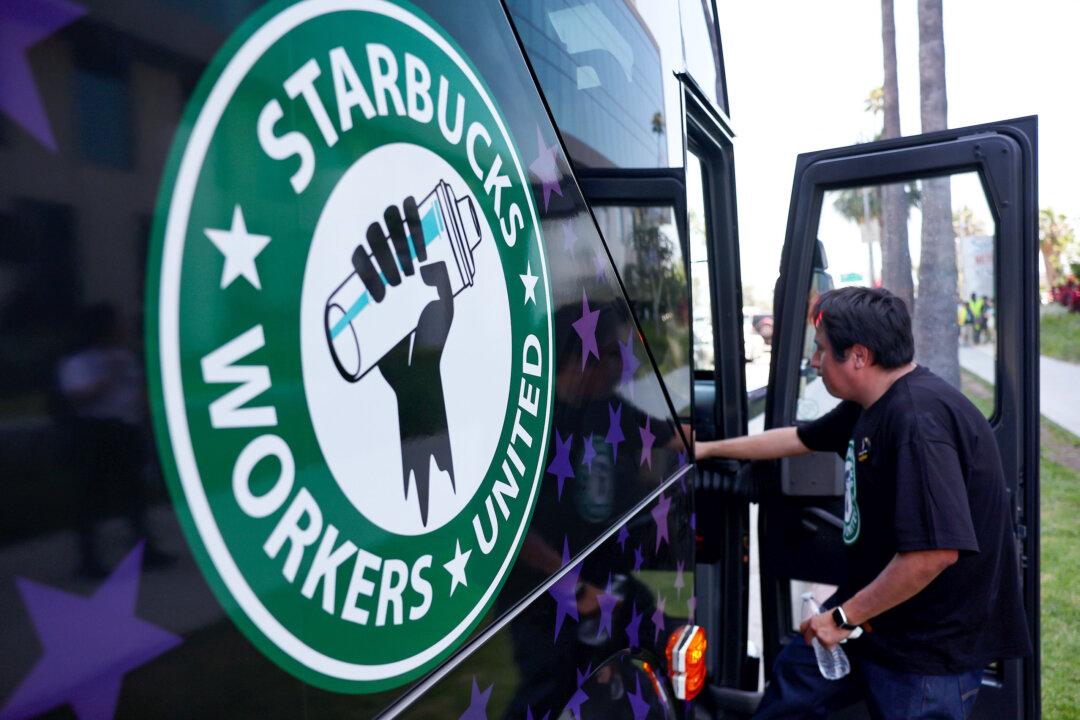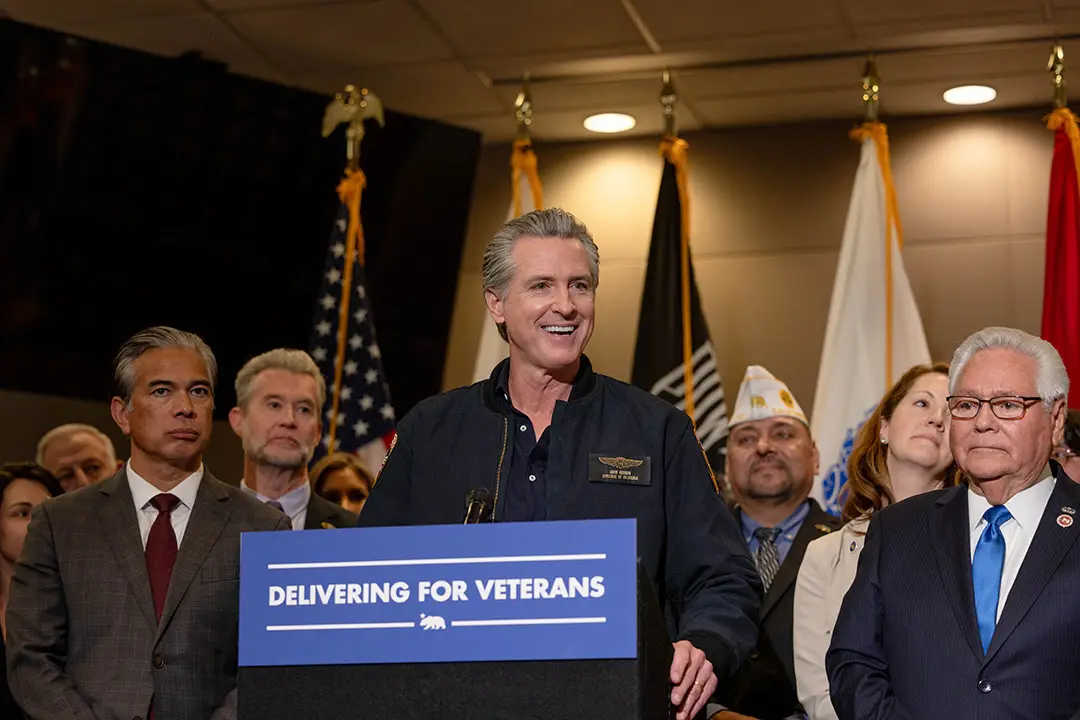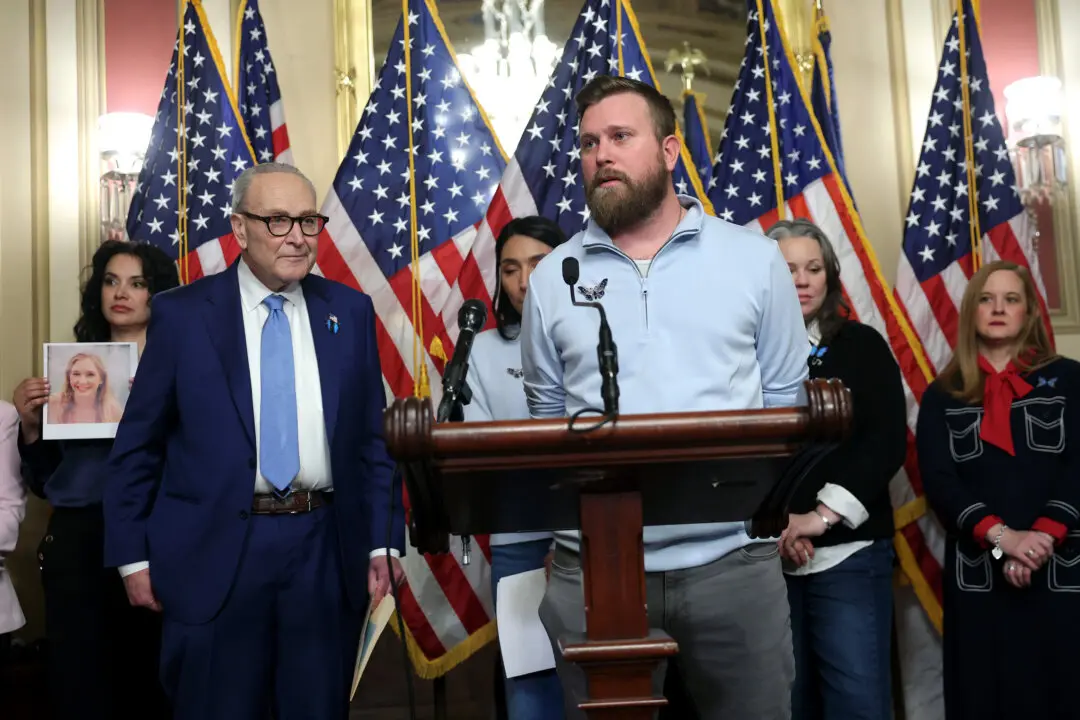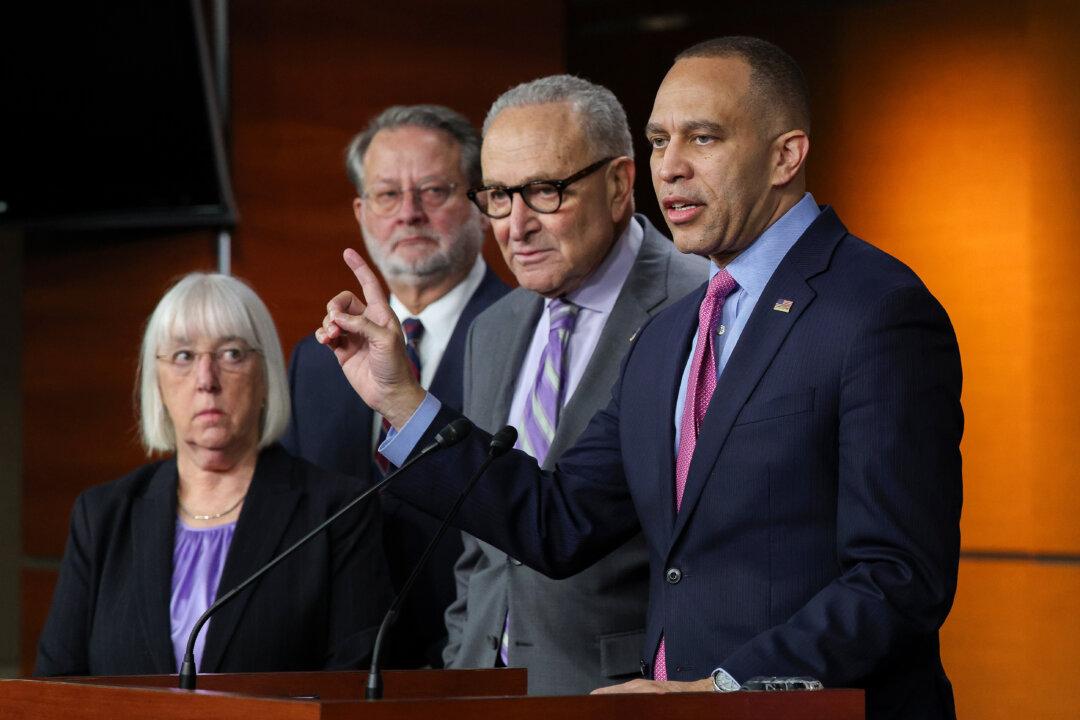The National Labor Relations Board (NLRB) issued a decision on Nov. 8 overturning a 40-year-old precedent that had allowed employers wide latitude in discussing how unionization might affect individual relationships between employees and management. The case involved Starbucks Corporation and Workers United, affiliated with the Service Employees International Union.
The NLRB reversed the 1985 Tri-Cast, Inc. decision, which had generally deemed employer statements about the impact of unionization on individual employee relationships as lawful.





